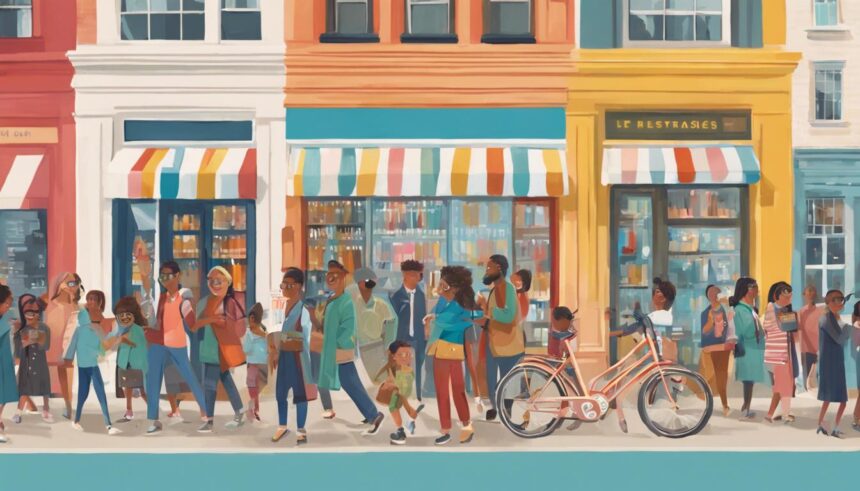Warby Parker has surpassed a significant milestone by distributing over 15 million pairs of glasses worldwide, reinforcing its blend of stylish eyewear with impactful social responsibility.
Warby Parker, the socially conscious eyewear brand known for its commitment to combining style with social good, has reached a monumental milestone, as revealed in its latest 2023 Impact Report. Since its establishment in 2010, the New York-based company has now distributed over 15 million pairs of glasses worldwide through its Buy a Pair, Give a Pair program.
This initiative reflects a powerful movement towards accessible vision care, a critical issue considering the World Health Organization’s estimate that a billion people globally need but lack access to glasses. By ensuring that for every pair of glasses sold, a pair is donated, Warby Parker significantly contributes to addressing this global health disparity.
The impact of such initiatives is far-reaching. Adequate vision care enhances learning opportunities, increases productivity, and can lead to better economic outcomes for individuals and communities. This was evidently a banner year for Warby Parker, not only in surpassing the 15 million mark in donated glasses but also in the continuation of several other significant sustainability and community-focused efforts.
Noteworthy among these is Warby Parker’s ongoing partnership with Eastman Chemical, which began in 2022. Together, they have launched a pioneering demo lens recycling program that repurposes discarded lenses. This program allowed the company to prevent 27,000 pounds of single-use plastic from entering landfill in 2023 alone, underscoring Warby Parker’s commitment to environmental sustainability.
Additionally, the Warby Parker Pupils Project, initiated in 2015, has seen considerable growth. The program collaborates with local organizations and governmental bodies to provide free vision screenings, eye exams, and glasses to schoolchildren across the United States. With its expansion into New Jersey and Oregon, the project has reached 40 cities in seven states, benefiting over 55,000 schoolchildren in the 2022-23 school year—an 18% increase from the previous year.
Moreover, the brand has launched a new initiative in partnership with Lions Club Recycle for Sight. Warby Parker’s retail stores across the U.S. and Canada now act as collection points where individuals can donate usable glasses. These donations are then sorted, recycled, and redistributed by the Lions Club to those in need, further extending the lifecycle of eyewear and preventing waste.
Warby Parker stands as a prime example of how corporations can successfully integrate social responsibility into their business model. Its commitment to sustainability, community welfare, and global health improvement through vision care projects positions the company as a leader in both the eyewear industry and corporate social responsibility.
As more companies observe the tangible benefits of such social enterprise models, Warby Parker’s initiatives could inspire further action across various sectors, promoting a more sustainable and conscientious approach to business. The company’s foundational belief in vision for all not only shapes its charitable activities but also paves the way for a broader understanding of corporate impact on global health and sustainability.





